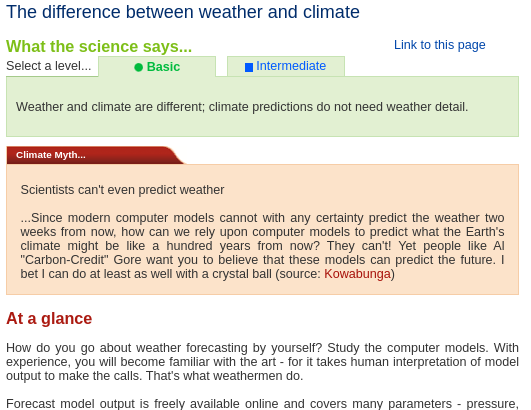"Was 1934 the hottest year on record?"
No. Even if it had been true, events we've precipitated have overtaken this old #ClimateMyth, which found its roots in a peculiar set of circumstances.
This statistic was -always- irrelevant in the big picture:
"Zooming out of the USA - making up around 2% of the world's surface - to the whole globe, however, shows that 1934 was in fact a rather chilly year."
Finito. Done and dusted.
We've revised this #ClimateMythRebuttal.
